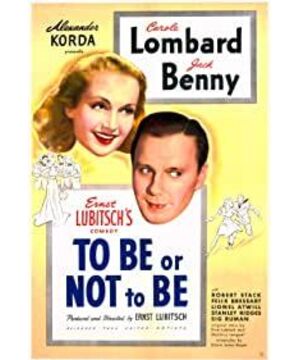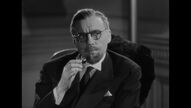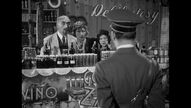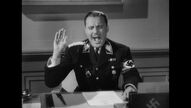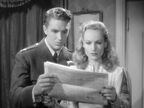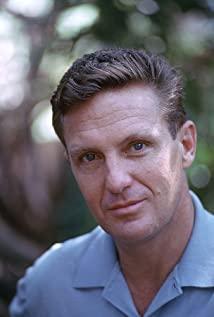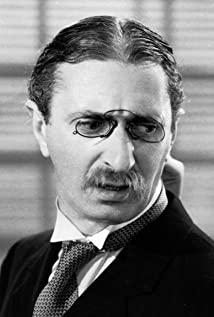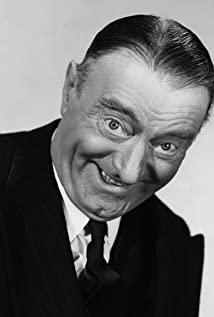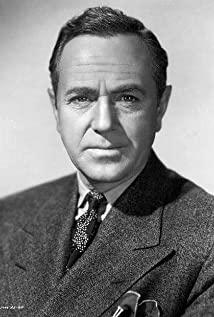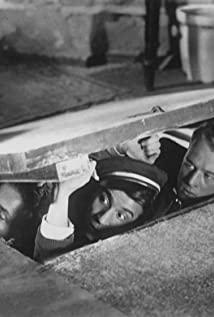Greenberg in the troupe is a small character who is not very noticeable. He has always wanted a chance to express himself. Sherlock, the Jewish merchant in Shakespeare's "The Merchant of Venice", appears three times in the film through his mouth.
It appeared for the first time as an actor who hoped that his performance talents could be discovered and displayed. The second time it appeared was the frustration expressed as a resident of the occupied area after Germany invaded Warsaw. The third time, in Operation Sanitary Theater, he went to draw fire, expressing the anger of the SS as a rebel. This sentence was originally expressed by Sherlock as a discriminated Jew, expressing his will to equal rights with Christians, but the lines from the mouth of the Jews appeared in the film with the theme of anti-German fascism in World War II, which is more appealing. I have to say that the screenwriter of the movie is very advanced, and I have to say that Shakespeare is the eternal charm of the great writer.
Have I not eyes? have I not hands...
organs, senses, dimensions, affections, passions?
fed with the same food,
hurt with the same weapons...
subject to the same diseases.
If you prick us, do we not bleed?
if you tickle us, do we not laugh?
if you poison us, do we not die?"
The original text is as follows:
"I am a Jew. Hath not a Jew eyes? Hath not a Jew hands, organs, dimensions, senses, affections, passions; fed with the same food, hurt with the same weapons, subject to the same diseases, heal'd by the same means, warm'd and cool'd by the same winter and summer, as a Christian is?
If you prick us, do we not bleed? If you tickle us, do we not laugh? If you poison us, do we not die?
And if you wrong us, do we not revenge? If we are like you in the rest, we will resemble you in that.”
View more about To Be or Not to Be reviews


